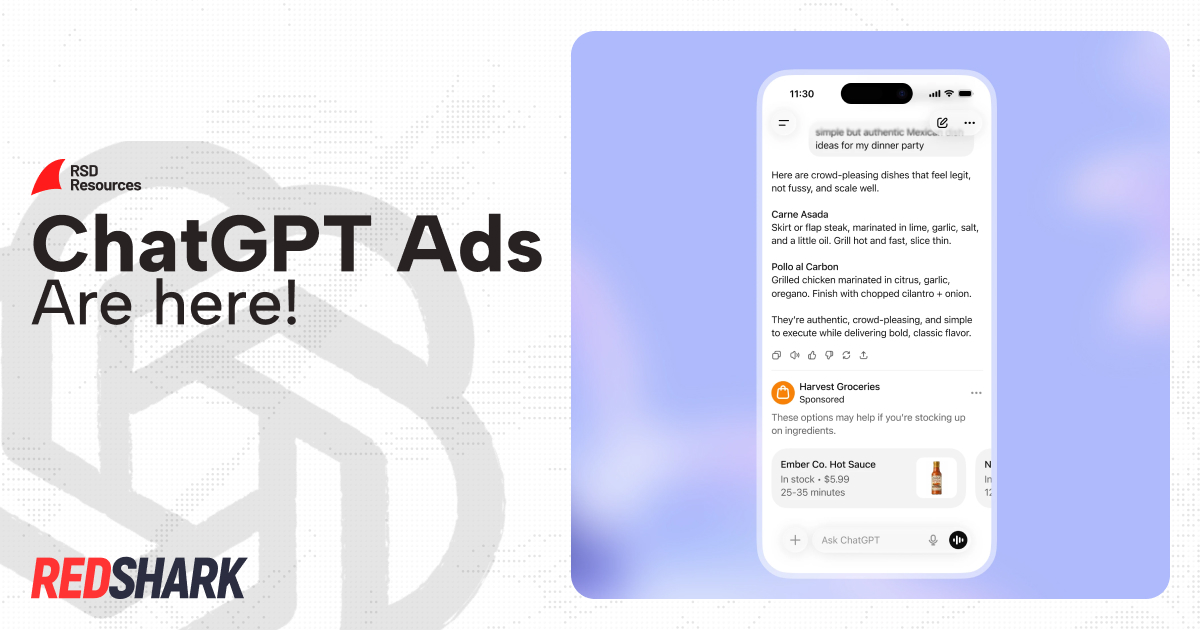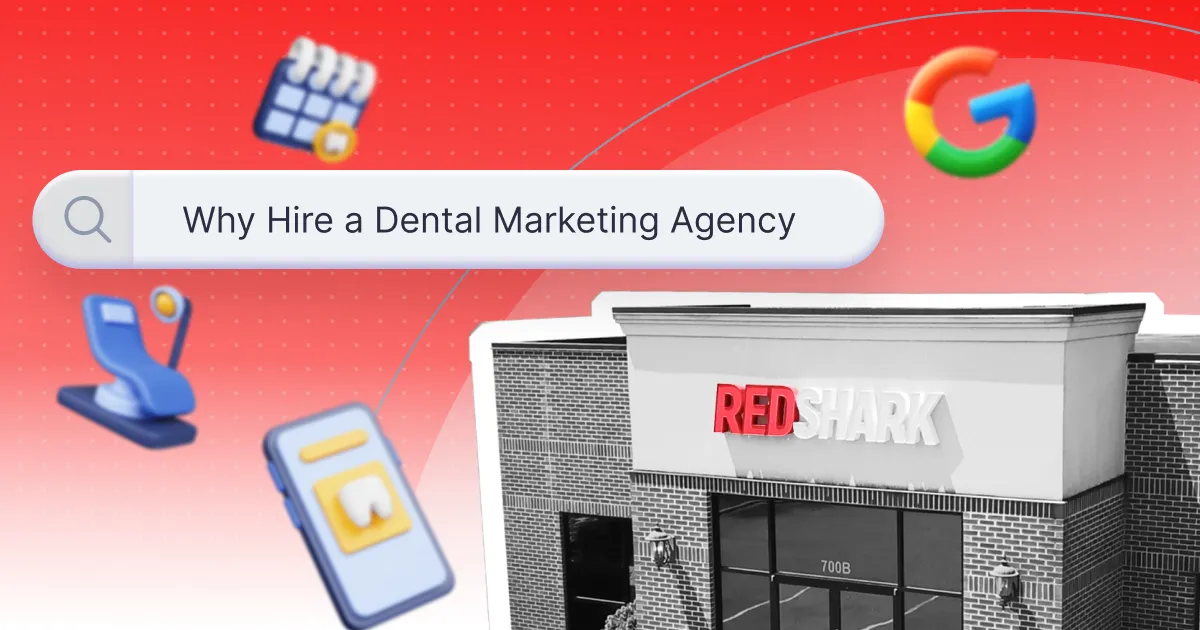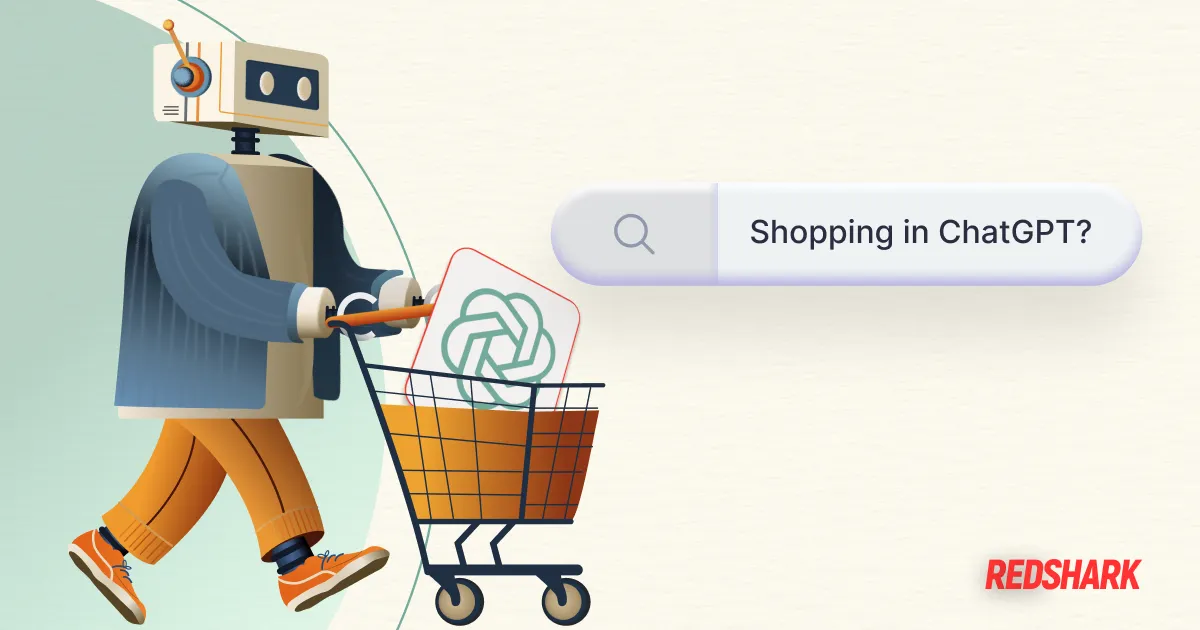
Navigating the GDPR and How it Affects You
Navigating the GDPR and How it Affects You
Featured & Recent Articles
Navigating the GDPR and How it Affects You

When it comes to the digital space, privacy is a growing concern for internet users. Earlier this year, the EU began enforcing the GDPR. which has become a headache for some, especially in the marketing space. Months after its implementation, the GDPR is still causing some digital grievances for online businesses. So to help you navigate this legislation, we've put together some insight to help you understand the GDPR.
What is GDPR?
General Data Protection Regulation (GDPR) was created in the European Union in January of 2012 to connect Europe to the digital age with the rest of the world. The purpose of this reform was to give users more control of their personal information on the internet. It was in preparation for four years and was approved in April of 2016. By May 25, 2018, all organizations must comply with the GDPR rules.
What Does the GDPR Do?
The GDPR was put in place to protect user’s information on the internet. In today’s digital age, people are giving out their information when they sign up for social media accounts, purchase something online, or apply for email notifications. People may not be aware of how much information they are giving away, and what these websites are doing with this information. The GDPR defines personal data such as names, photos, addresses, personal identification numbers (social security, banking), IP addresses, geolocation and biometric data (fingerprints). All of this data was once shared between websites and ad-targeting without generally getting any consent from the user. In the past when a user signed up for something they usually scrolled through a long Terms of Service agreement and hit the “I agree” button. This gave the user’s consent to share all personal data. The GDPR is changing that, and making organizations receive consent for every little thing. Now, users will receive Terms of Service agreements on a regular basis that are clear and easy to read.
Why Is the GDPR Beneficial?
Organizations have obtained personal data and have carelessly shared it with third party websites. The user’s personal data was never protected in the past and could be breached often. Unauthorized parties could gain access to credit card numbers, IP addresses and more. All things users do not want people getting access to. The GDPR now makes that harder to happen. Organizations must store personal data in a secure space and run data protection impact assessment which measures the effects of privacy. If there are any breaches, the organization must report the problem as soon as possible and inform the user if it is a serious problem.
What Changes Will I See?
Having personal information online can be alarming, but the GDPR makes it easier to see exactly what your information is being used for. Consent from the user must be gained in every action a website does. Privacy settings have begun to change on large sites such as Facebook, Apple and Google. Facebook now allows users to delete specific data on their pages, and Apple has introduced a privacy dashboard. This change has had an impact on digital marketing. Ads can no longer use behavioural data collection, and marketers have to come up with new ways to target digital ads and get consumers to give consent. Facebook has seen a loss in advertising revenue growth in Europe in the second quarter of the year. Since the start of the GDPR, organizations need to come up with new ways to attract customers and gain revenue.If you have additional questions regarding the GDPR, contact the experts at Red Shark Digital for more information!

















.webp)




.webp)
.webp)
